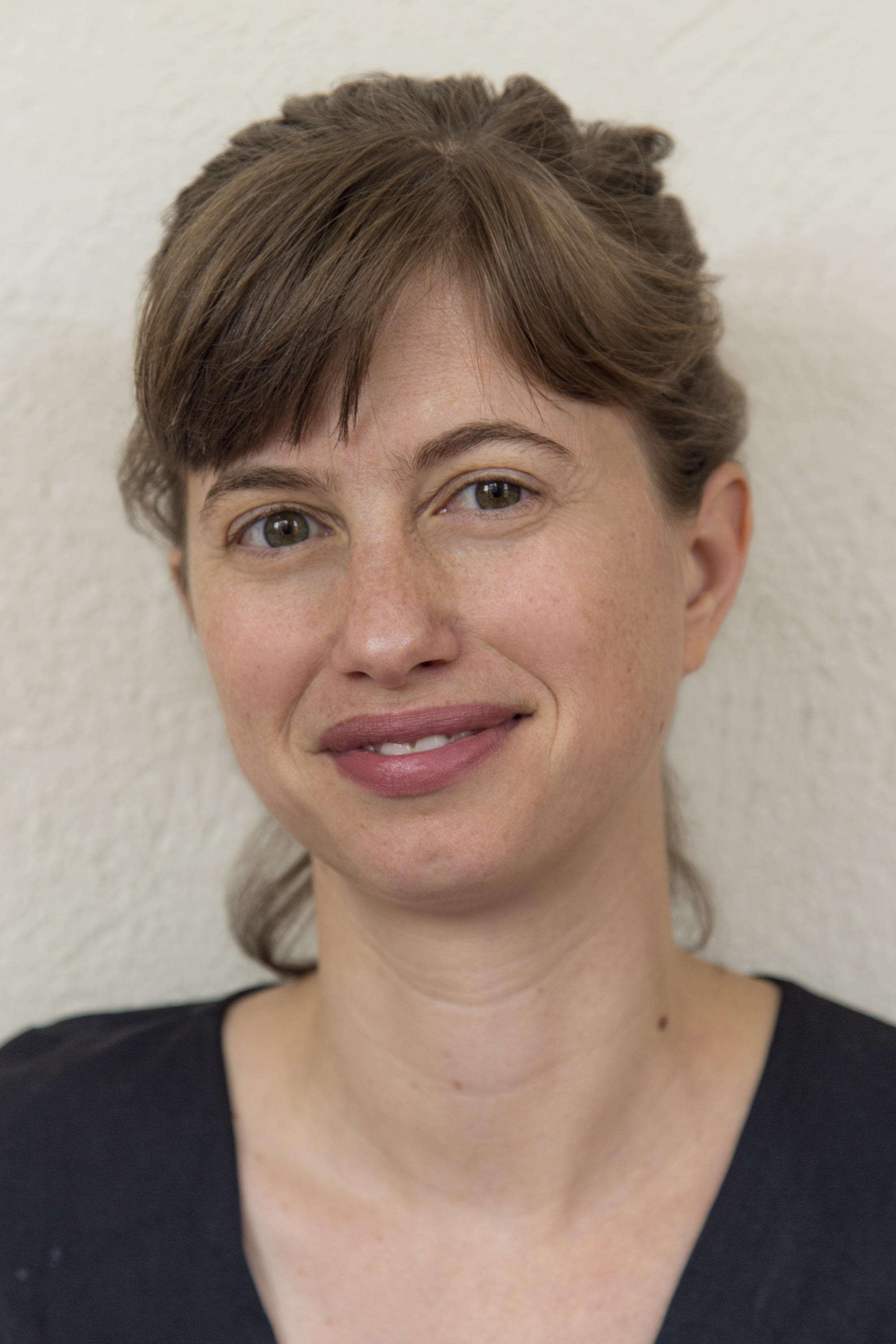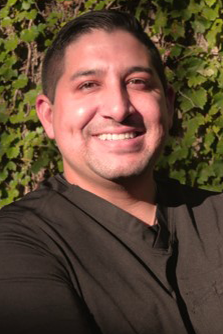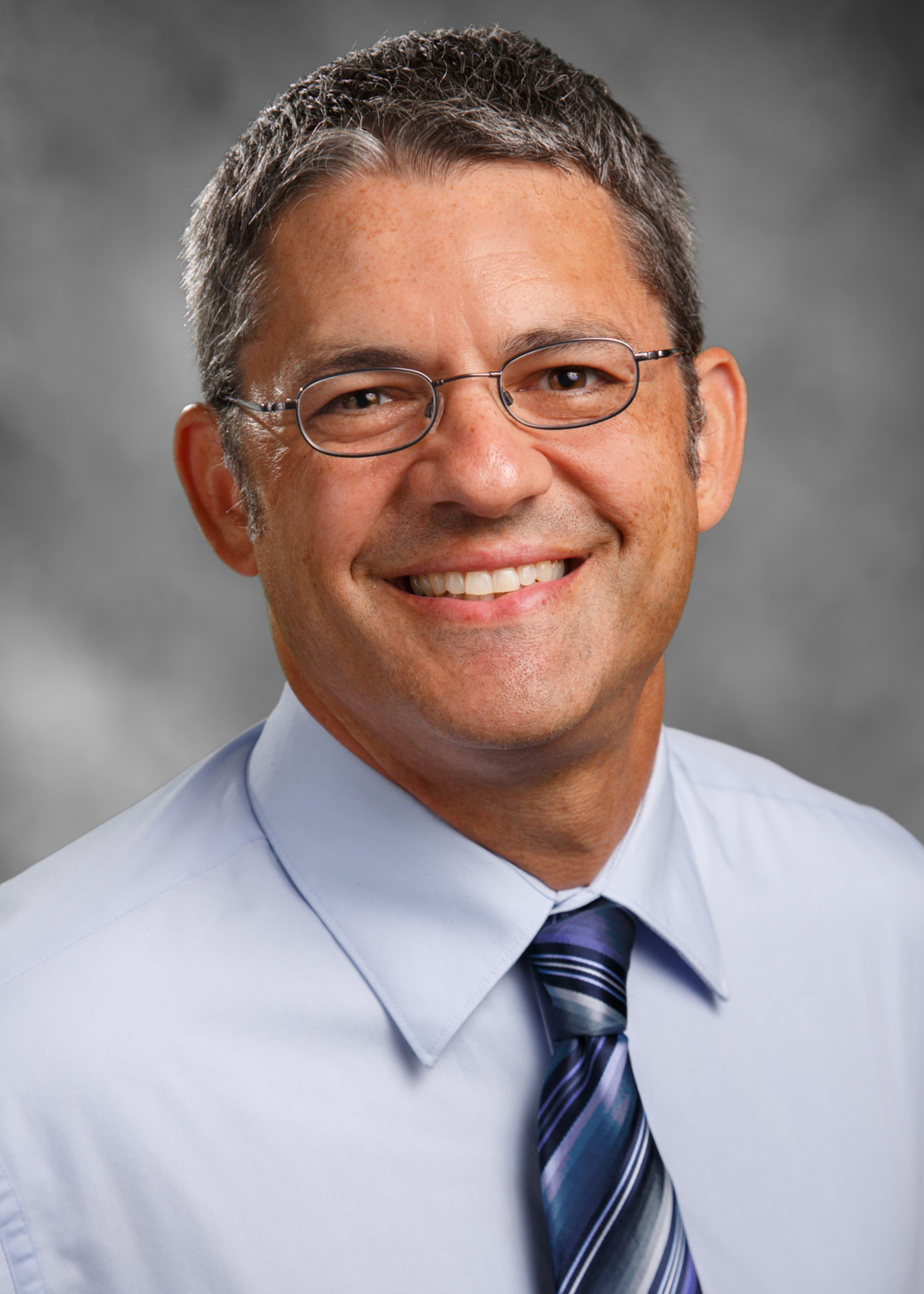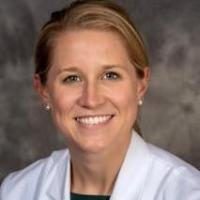Lauren Hilgers, New York Times Journalist, Discusses U.S. Health Care Workforce and Wellbeing for Dean’s Lecture Series, September 28
Lauren Hilgers, New York Times Journalist, will discuss her groundbreaking article “Nurses Have Finally Learned What They’re Worth,” in the Dean’s Lecture Series hosted by Duke University School of Nursing.

Recent infectious disease pandemics have illuminated the brokenness of our U.S. health care system. New York Times Journalist Lauren Hilgers will discuss “The Value & Importance of the Nursing Health Care Workforce for U.S. Health and Wellbeing” in the Dean’s Lecture Series hosted by Duke University School of Nursing from 5:00 to 6:30 p.m., on Wednesday, September 28. The hybrid event will take place in-person in the Christine Siegler Pearson Building, Room 1014 and livestreamed via Zoom, with simultaneous interpretation available in Spanish. Registration is required for in-person and Zoom participation.
Dean Vincent Guilamo-Ramos will moderate the discussion as Hilgers reflects on her article “Nurses Have Finally Learned What They’re Worth,” which called attention to the value, contributions, and challenges of the nursing health care workforce during a public health crisis—COVID-19.
“It’s not a secret that the U.S. health care system is broken and in need of a paradigm shift,” said Ramos. “What Lauren’s work highlights is that nurses can help and lead a significant transformation to improve the U.S health care system and advance health equity.”
"Nurses can help and lead a significant transformation to improve the U.S. health care system and advance health equity."
Vincent Guilamo-Ramos
Dean
Joining Dean Ramos and Hilgers will also be Northwest Texas Hospital Cardiac ICU Nurse Solomon Barraza, Associate Professor Benjamin Smallheer, and Assistant Professor Carolina Tennyson as they share their personal experiences related to the critical role of nurses during public health emergencies.
The panel guests will also recognize and discuss the indispensable role of the nursing workforce in ensuring the health and wellbeing of our country.
Registration is required for in-person and Zoom participation.
About the Speakers
Lauren Hilgers grew up in Austin, Texas, and graduated from Pomona College in California. She is a contributing writer at the New York Times Magazine and author of Patriot Number One: A Chinese Rebel Comes to America, named one of 2018’s best books by New York Times, The Wall Street Journal, Kirkus, and The San Francisco Chronicle. Hilgers now resides in Brooklyn with her husband and two small children.
Solomon Barraza grew up in Dumas, Texas. Graduating from Amarillo College School of Nursing in 2018, he completed his BSN through the University of Texas at Arlington in 2020 and became a certified CCRN in 2022. Barraza has worked as a charge nurse in the Cardiac ICU of Northwest Texas Hospital in Amarillo for more than three years.
Benjamin Smallheer, PhD, RN, ACNP-BC, FNP-BC, CCRN, CNE, associate professor and lead faculty for the MSN Adult-Gerontology Acute Care Program, has practiced in many clinical settings including the Emergency Department, high acuity Medical-Surgical Intensive Care, Long Term Acute Care, and has been the lead responder on a Nurse Practitioner based Rapid Response and Code Team. He currently practices as an Acute Care Clinician in the Critical Care Unit at both Duke Raleigh Hospital and Duke Regional Hospital, within the Critical Care Medicine teams.
Carolina (Callie) Tennyson, DNP, ACNP-BC, AACC, CHSE, assistant professor, is a board-certified Acute Care Nurse Practitioner who provides evidence based care to advanced heart failure and critically ill patients in a fast-paced academic hospital. Her research interest include interprofessional simulation training for Code Blue events, best practices for Family Presence During Resuscitation, and education utilizing microlearning.
Smallheer and Tennyson recently received the Duke University President’s Award as part of the Duke Health Medical Intensive Care Units who were on the front lines of the fight against COVID-19. The teams were recognized for delivering specialized care for patients while keeping pace with changing care and safety recommendation, integrating novel therapies and protective devices. The group also helped improve care through building biorepositories for research and developing ways to improve communication with patients and families.


